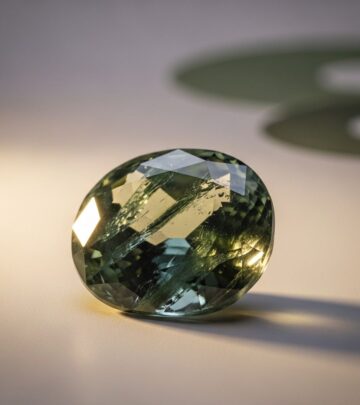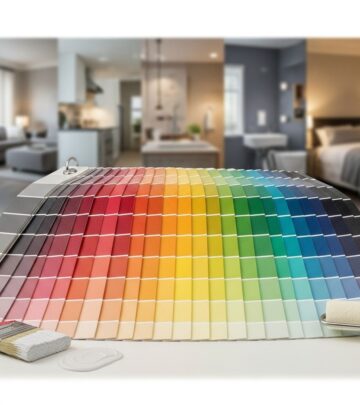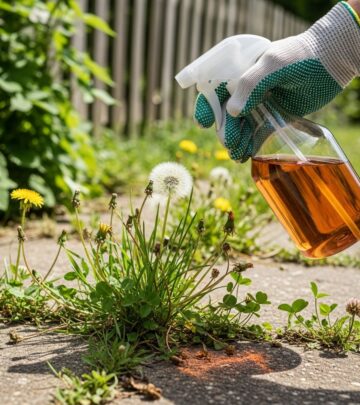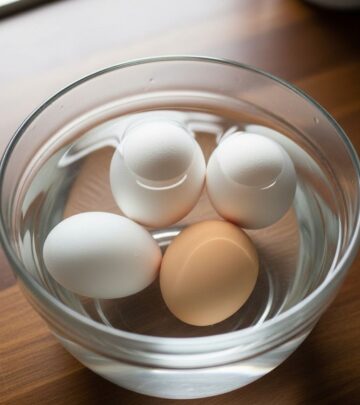How to Clean Shower Doors: Expert Methods and Simple Solutions
Expert techniques and habits ensure glass doors stay clear, shiny, and free from buildup.
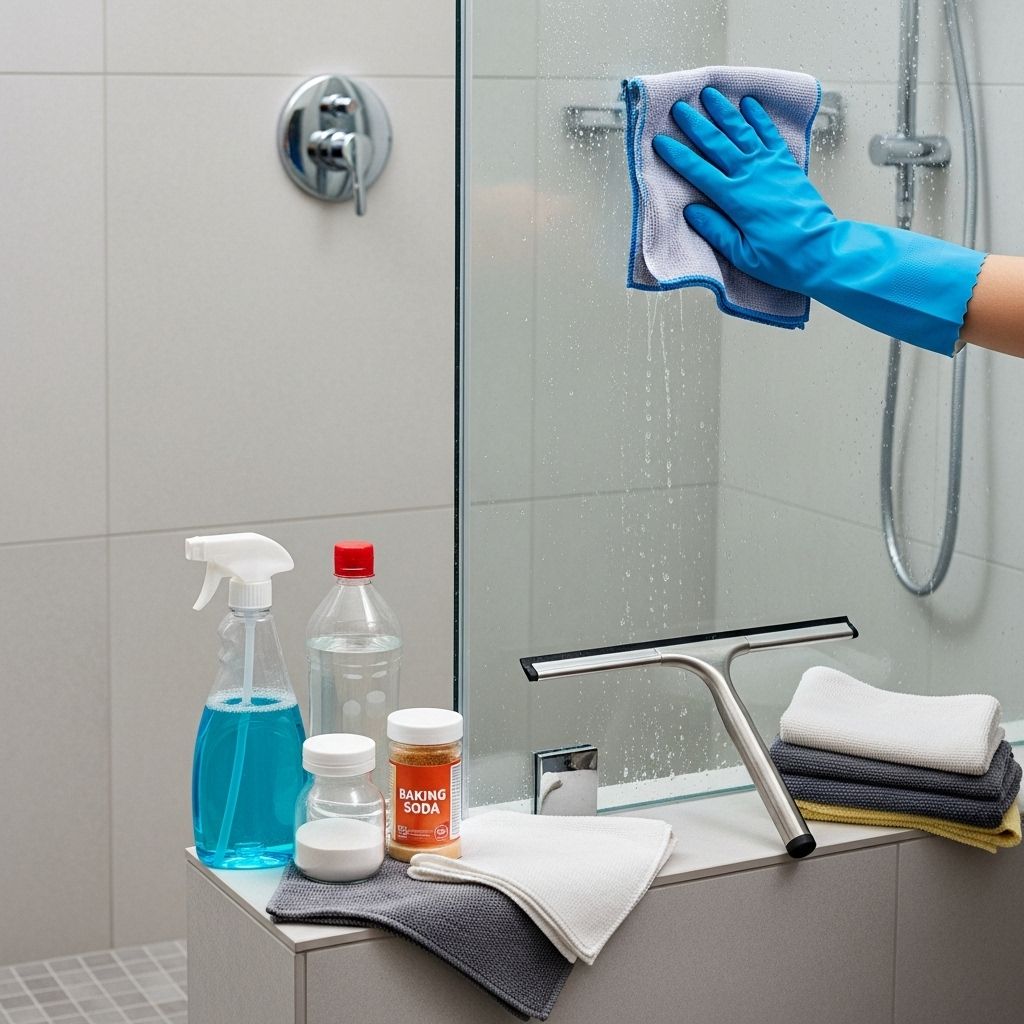
Glass shower doors can add elegance and light to any bathroom, but with regular use, they are prone to soap scum, hard water stains, and general grime. Proper cleaning methods not only restore clarity but help prevent future buildup. This comprehensive guide covers everything you need to know, from the best products to DIY cleaning solutions, step-by-step routines, and essential maintenance tips.
Why Shower Doors Get Dirty
To effectively clean shower doors, it helps to understand what causes the dirt and stains:
- Soap Scum: A filmy residue formed from soap combined with hard water minerals.
- Hard Water Stains: Mineral deposits left behind as water evaporates.
- Mildew and Mold: Grows in moist environments, especially around seals and tracks.
- Body Oils and Products: Shampoos, conditioners, and other personal products leave streaks.
Essential Tools and Products for Cleaning Shower Doors
The right tools and products make a big difference in tackling both light and stubborn shower door grime. Gather these before you start:
- Microfiber Cloths: Trap dirt and provide a streak-free polish.
- Non-Scratch Sponge: Avoids scratching delicate glass surfaces.
- Squeegee: Prevents future buildup by removing water after each shower.
- Spray Bottles: For mixing and applying DIY or store-bought cleaners.
- Rubber Gloves: Protects your hands during scrubbing and rinsing.
Popular cleaning agents include:
- White vinegar: Dissolves mineral deposits and soap scum.
- Baking soda: Provides gentle abrasiveness for tough spots.
- Lemon: Natural acidic cleaner that brightens and freshens.
- Dish Soap: Cuts through oils and grime.
- Store-bought glass cleaner: Effective for routine cleaning, especially those free from ammonia.
Step-by-Step Guide: Cleaning Shower Doors
Follow these systematic steps to tackle any level of shower door grime, from light soap scum to severe hard water buildup.
1. Quick Rinse
- Start by rinsing the shower door with clean water to remove loose dirt and hair. This sets the stage for deeper cleaning by clearing away what can be washed off easily.
2. Choose a Cleaning Solution
Select your cleaner based on the degree of grime:
- Mild buildup: White vinegar, diluted with water, or a glass cleaner without ammonia.
- Moderate grime: DIY vinegar-and-dish-soap mix.
- Heavy stains: Baking soda with lemon, or Bar Keeper’s Friend and fine steel wool for especially stubborn spots.
3. Apply the Cleaner
- Spray the chosen solution generously over the glass surface, making sure to cover all areas – especially corners and edges where residue accumulates.
- Let the cleaner sit (‘dwell time’) for 5-10 minutes. This allows acids and surfactants to break down deposits.
4. Scrub and Polish
- Using a non-scratch sponge or microfiber cloth, scrub the entire door in broad, circular strokes. For tough spots, use baking soda and a lemon half, or fine steel wool as needed (always test first to avoid scratching).
5. Rinse Thoroughly
- Rinse away all cleaner residue with clean water. This step is crucial for preventing streaks and avoiding irritation from leftover cleaning agents.
6. Dry and Buff
- Buff the glass dry using a fresh microfiber cloth to ensure a streak-free, shiny finish. Finish by running a squeegee over the surfaces to remove excess moisture.
Popular DIY Cleaning Methods for Glass Shower Doors
Natural cleaning methods are effective and safe, especially for households sensitive to chemicals. Try these top DIY mixes:
1. Vinegar, Water, and Dish Soap Mix
The most recommended DIY solution involves:
- 1 cup white vinegar
- 1 cup water
- 1 teaspoon dish soap (such as Dawn)
Mix these in a spray bottle, spray onto doors, let sit 5-10 minutes, then scrub and rinse.
2. Lemon and Baking Soda Paste
- Dip half a fresh lemon into a bowl of baking soda.
- Rub this over stained areas. Baking soda provides gentle abrasion while lemon’s acidity dissolves minerals.
- Allow to dwell for 5-10 minutes.
- Rinse and buff for a gleaming finish.
3. Straight Vinegar Spray
- Heat ½–1 cup distilled white vinegar.
- Pour into a spray bottle and dilute with water as desired.
- Spray, let dwell, scrub, rinse, and dry thoroughly.
Important note: Vinegar can damage natural stone surfaces; avoid its use if your shower enclosure includes marble, granite, or similar materials.
Effective Store-Bought Cleaners
If you prefer commercial products, go for glass cleaners labeled ‘ammonia-free’ to avoid harsh fumes and potential damage.
- Branch Basics Streak-Free: Highly recommended for glass, chrome, and stainless track cleaning; just a drop mixed in distilled water per bottle cleans large areas.
- Bar Keeper’s Friend: For stubborn mineral buildup, use the spray version; pair with fine steel wool for extra-tough spots.
- Non-ammonia glass cleaners: Brands labeled as safe for frequent bathroom use provide convenience for regular cleaning.
Special Cases: Hard Water Stains and Soap Scum
| Problem | Solution | Tools |
|---|---|---|
| Hard Water Stains | Use heated white vinegar or commercial mineral remover. | Spray bottle, microfiber cloth |
| Soap Scum | Lemon and baking soda paste, or dish soap in cleaner mix. | Lemon half, baking soda, sponge |
| Stubborn Stains | Bar Keeper’s Friend with grade 0000 steel wool. | Non-scratch sponge or fine steel wool |
Routine Cleaning and Maintenance Tips
- Squeegee After Every Shower: Run a squeegee over the glass to remove lingering moisture and prevent both buildup and water marks.
- Quick Daily Sprays: Keep a dedicated spray bottle filled with diluted cleaner in the bathroom for light daily wipe-downs.
- Ventilate Properly: Ensure fans and windows are open during cleaning and after showers to reduce mildew risk.
- Microfiber Cloths: Use them for drying and buffing after every clean for best results.
- Track Cleaning: Don’t forget to clean the metal tracks regularly with a soft cloth and mild cleaner.
Common Mistakes to Avoid
- Using Abrasive Scrubbers: Can scratch glass and dull the finish. Stick to microfiber, soft sponges, and grade 0000 steel wool.
- Letting Cleaners Sit Too Long: Can damage surfaces, especially with strong acids or commercial products.
- Failure to Rinse: Residue from cleaners may cloud glass or irritate skin. Always rinse well.
- Ignoring Tracks and Seals: These areas can accumulate mold and grime; clean regularly.
Preventive Strategies for Sparkling Shower Doors
- Water Repellent Treatments: Apply a residue-free water repellent to glass after cleaning for easier future maintenance.
- Use Distilled Water: When mixing cleaners, distilled water cuts down on extra mineral deposits and streaks.
- Immediate Dry: Dry the doors with a clean cloth after every use for longest-lasting clarity.
Frequently Asked Questions (FAQs)
Q: How often should I clean my shower doors?
A: Ideally, squeegee and wipe the doors daily, perform a deep clean at least once a week, and a thorough cleaning of tracks and seals monthly.
Q: Are natural cleaners as effective as commercial ones?
A: Yes, vinegar, lemon, and baking soda are proven to dissolve stains and scum—without the toxicity or fumes of ammonia-based products.
Q: Can I use vinegar on every type of shower door?
A: Avoid vinegar on natural stone enclosures, as it can etch and damage the surface. Stick to glass and tile.
Q: What’s the best way to prevent water spots?
A: Squeegee the doors after every shower and consider applying a water-repellent product after cleaning.
Q: What if my shower doors are heavily stained and DIY methods aren’t working?
A: Consider a stronger abrasive cleaner, such as Bar Keeper’s Friend, in combination with fine-grade steel wool. Always test on a small area first to prevent scratching.
Q: Is it safe to mix cleaning agents?
A: Never mix ammonia with bleach; this produces toxic fumes. Stick to single agents or known safe DIY combinations.
Expert Tips for Shower Door Maintenance
- Leave your bathroom well-ventilated during and after cleaning to prevent the return of mildew.
- Keep cleaning supplies within arm’s reach for consistent, daily habits.
- Replace microfiber cloths regularly for optimal streak-free results.
- Test any new cleaning product or technique in an inconspicuous area first.
Summary Table: DIY vs. Commercial Cleaning Methods
| Method | Ingredients/Products | Pros | Cons |
|---|---|---|---|
| DIY Vinegar Mix | Vinegar, water, dish soap | Safe, effective, inexpensive | Should not contact stone |
| Lemon & Baking Soda | Lemon, baking soda | Natural, quick | May require extra rinsing |
| Branch Basics (Ammonia-Free) | Branch Basics Concentrate | Convenient, streak-free | Product purchase required |
| Bar Keeper’s Friend + Steel Wool | Spray, grade 0000 steel wool | Removes stubborn stains | Risk of scratching glass |
Conclusion
With proper products, proven DIY solutions, and easy maintenance habits, restoring a sparkling finish to your shower doors is simple and sustainable. Set a regular cleaning routine, use tried-and-true ingredients like vinegar, baking soda, and lemon, and keep those shower doors clear, bright, and streak-free.
References
Read full bio of Sneha Tete

